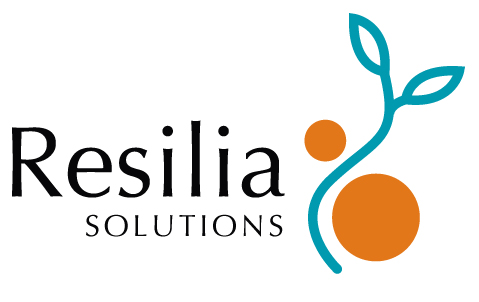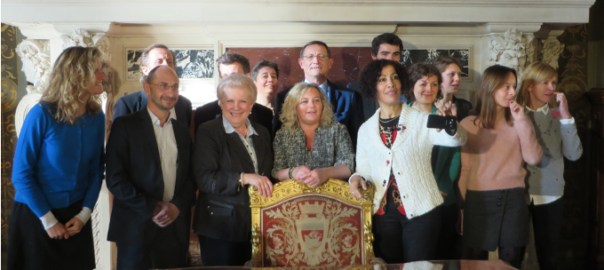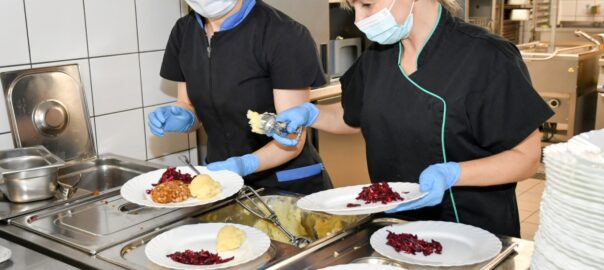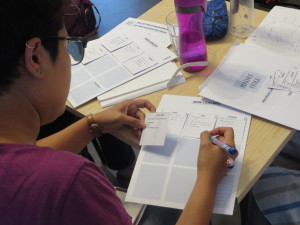2021 is a ‘food year’ for URBACT: promoting food democracy and food sovereignty at the initiative of URBACT good practice city Mouans-Sartoux (FR) and the URBACT Transfer Network BioCanteens that it has led (with partner cities in Belgium, Bulgaria, Greece, Italy, Portugal and Romania).
URBACT
will be supporting regular activities of networks around food topics
and also creating a specific web page of the URBACT Knowledge Hub,
dedicated to urban sustainable food systems – all with the aim to support cities in their transitions to more sustainable food systems!
These efforts also aim to build energy and commitment towards the Glasgow Food and Climate Declaration – drafted by a coalition of subnational governments, UN agencies and NGOs in consultation with city and regional governments – which will be officially launched at the 26th UN Climate Change Conference (COP26) in November 2021. We will be encouraging as many cities as possible to sign the declaration!
So, we have quite a busy year ahead that we describe in more details here…
Continue reading →






